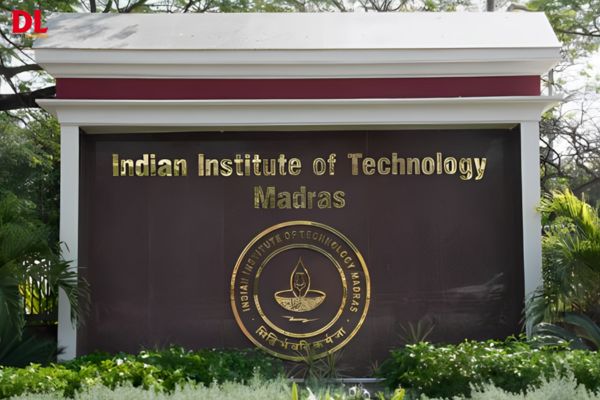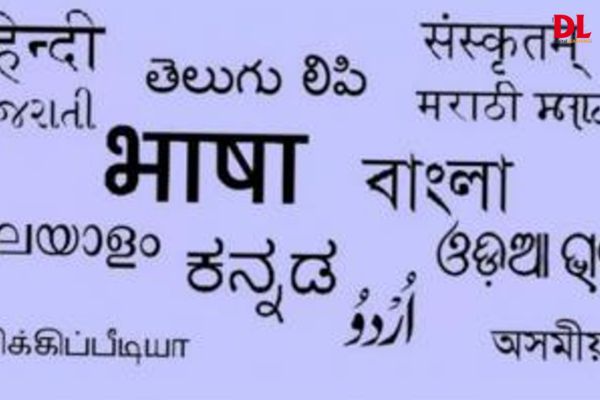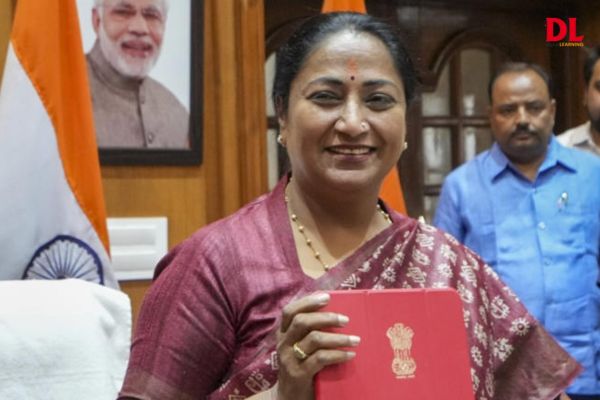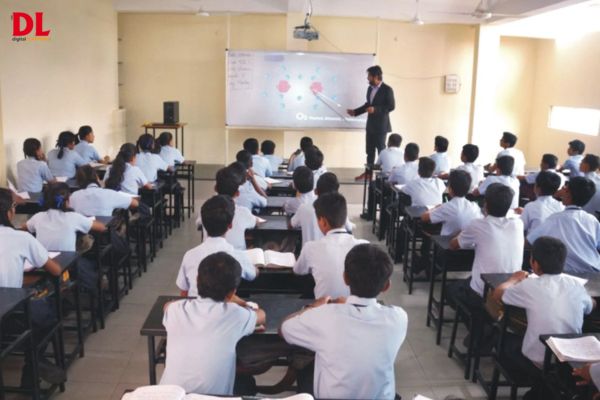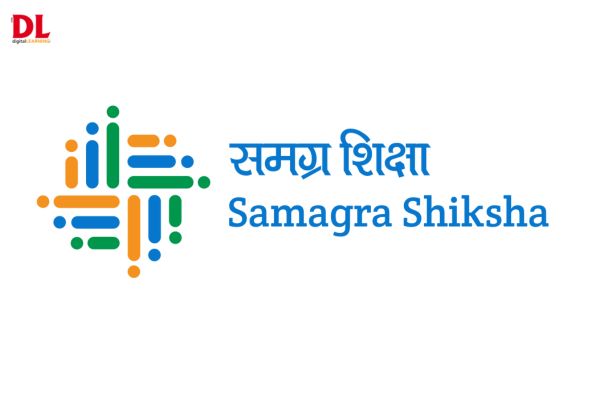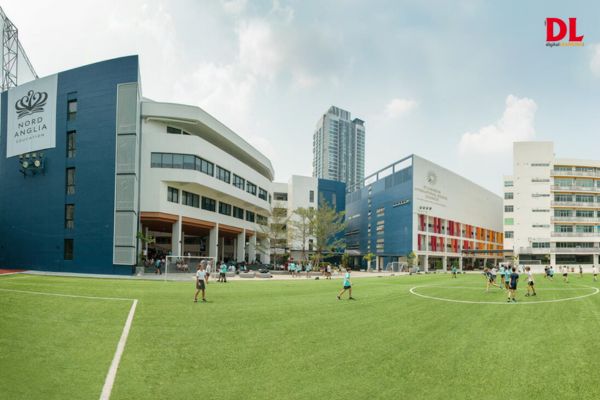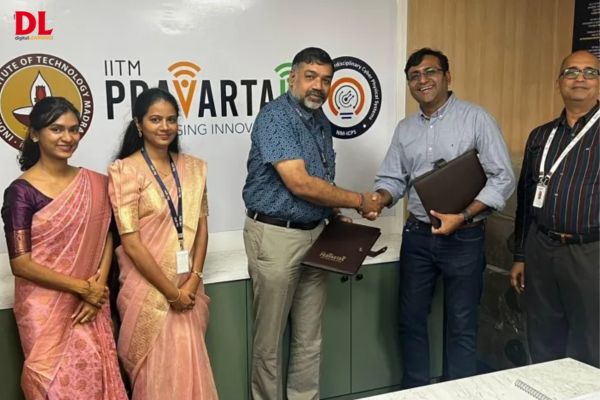The Department of School Education and Literacy is implementing Samagra Shiksha, a centrally sponsored initiative designed to provide a unified, holistic framework for school education from pre-primary to Class XII. The scheme aligns with the National Education Policy (NEP) 2020, focusing on inclusive and equitable learning environments that cater to diverse backgrounds, multilingual needs, and varied academic abilities.
Under Samagra Shiksha, financial assistance is extended to States and Union Territories (UTs) to support multiple educational initiatives. These include free uniforms and textbooks for eligible elementary-level students, Right to Education (RTE) reimbursements, transport and escort facilities up to the secondary level, and residential as well as non-residential training programs for out-of-school children. Additionally, resources are allocated for the development of bilingual teaching materials, Holistic Progress Cards, and tribal language primers.
The scheme also aims at infrastructure enhancement, supporting the establishment and expansion of schools up to the senior secondary level. This includes new school buildings, additional classrooms, digital interventions such as smart classrooms and ICT labs, science laboratories, libraries, computer rooms, and major repair works. Special focus is given to schools in northern border regions through the Vibrant Village Programme, as well as the development of Kasturba Gandhi Balika Vidyalayas and Netaji Subhash Chandra Bose Avasiya Vidyalayas.
For children with special needs (CwSN), the scheme provides support for identification, assessment, assistive devices, Braille kits, customised learning materials, and a stipend for girls with disabilities. Schools are also being equipped with ramps, handrails, and accessible toilets to create a barrier-free learning environment. The government has introduced the Prashast App for the early screening and identification of CwSN in regular schools, while teacher training under NISHTHA ensures educators are equipped to cater to their needs.
Additionally, the New India Literacy Programme (NILP), also known as ULLAS, aims to provide educational opportunities to non-literate individuals aged 15 years and above who have missed formal schooling. Running from 2022-23 to 2026-27, the initiative leverages the ULLAS App, which has already registered over 2.2 crore learners and more than 40 lakh volunteer teachers. The app offers learning resources in multiple languages to enhance literacy levels nationwide.
Also Read: Nord Anglia Education acquired in a landmark $14.5 billion deal
The scheme also supports digital learning initiatives such as PM e-Vidya, DIKSHA, and SWAYAM PRABHA DTH-TV Channels, ensuring quality education reaches even the most remote areas. States and UTs submit their Annual Work Plan and Budget (AWP&B) Proposals, which are then reviewed by the Project Approval Board (PAB) for funding allocation based on programmatic and financial norms.
This information was shared by the Minister of State for Education, Shri Jayant Chaudhary, in a written response in the Lok Sabha yesterday.







